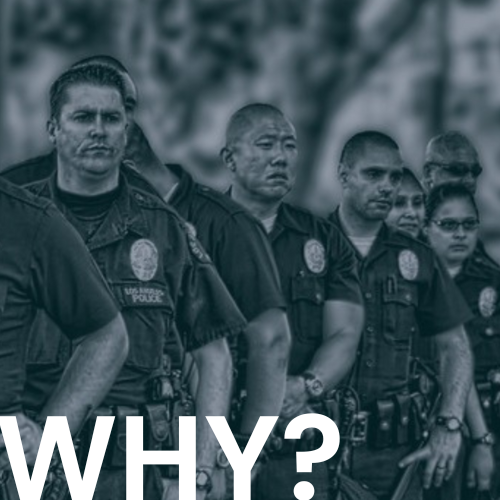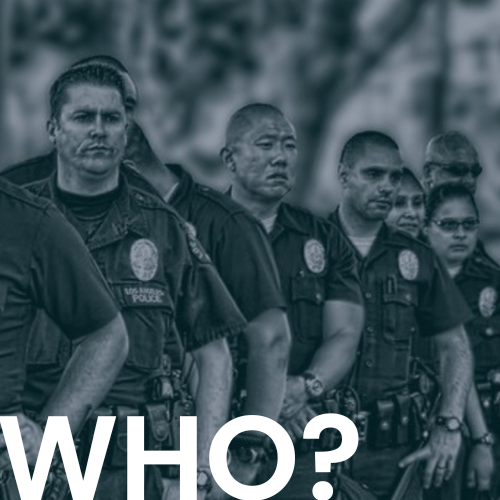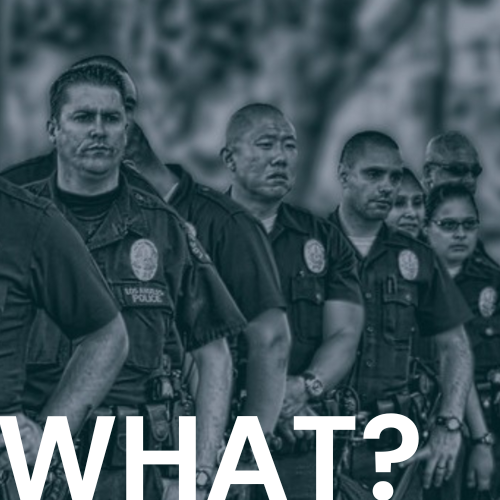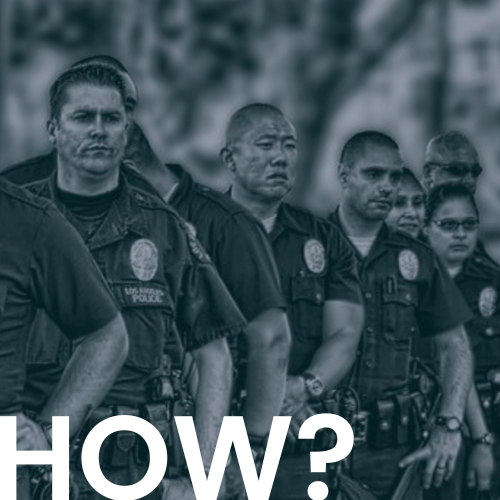This Brady List as a platform automates the compilation of data across entire jurisdictions for prosecutors.
Making Brady disclosures empowers prosecutorial disclosure by fostering a culture of transparency, strengthening the prosecution's case, upholding ethical standards, and ensuring a fair trial. The concept of Brady disclosures stems from the landmark U.S. Supreme Court case Brady v. Maryland (1963), which established that prosecutors must disclose exculpatory evidence to the defense. This evidence includes any information that could potentially exonerate the defendant or undermine the prosecution's case. By adhering to Brady obligations, prosecutors can bolster their credibility, maintain public trust, and contribute to a more just and reliable criminal justice system.
One of the fundamental ways in which Brady disclosures empower prosecutorial disclosure is by instilling a sense of responsibility and accountability. When prosecutors know they are obligated to share all material evidence, even if it favors the defense, it encourages them to diligently review their case files and consider all available information. This thorough examination strengthens the prosecution's case by identifying any weaknesses or inconsistencies early in the process, allowing prosecutors to address these issues proactively. As a result, the prosecution can present a more robust and compelling case in court.
Brady disclosures help prosecutors avoid the pitfalls of confirmation bias. By considering and disclosing potentially exculpatory evidence, prosecutors are forced to confront alternative perspectives on the case. This prevents tunnel vision and encourages a more objective and balanced approach to the evidence. The process of making Brady disclosures empowers prosecutors to act in the pursuit of truth and justice rather than merely seeking a conviction.
Empowering prosecutorial disclosure through Brady obligations also helps build public trust in the criminal justice system. When prosecutors are transparent and forthcoming with all relevant evidence, it reassures the public that the prosecution is acting in good faith and with integrity. This transparency fosters a perception that the prosecutor's office is committed to seeking justice, rather than simply obtaining convictions at any cost. As a result, the public is more likely to have confidence in the criminal justice system and its ability to deliver fair outcomes.
By proactively complying with Brady disclosures, prosecutors also demonstrate their commitment to ethical standards and due process. The duty to disclose exculpatory evidence is not just a legal obligation; it is a moral imperative to ensure a fair trial for the accused. Prosecutors who embrace this responsibility show respect for the rights of the defendant and the principles upon which the justice system is founded. This commitment to ethical conduct enhances the reputation of the prosecutor's office and the criminal justice system as a whole.
Brady disclosures empower prosecutors by encouraging a collaborative approach to justice. When the defense is given access to exculpatory evidence, it allows for meaningful pre-trial negotiations and discussions. In some cases, this can lead to plea agreements or resolutions that are more efficient and just. Such negotiations can also lead to a more focused trial where the contested issues are clearer, saving time and resources for both parties involved.
In conclusion, making Brady disclosures empowers prosecutorial disclosure by promoting transparency, objectivity, and ethical conduct. By complying with their obligations to share exculpatory evidence, prosecutors can strengthen their cases, maintain public trust, and contribute to a fair and reliable criminal justice system. Empowered prosecutors are more likely to uphold the principles of justice and work collaboratively towards outcomes that prioritize truth and fairness above all else. As such, Brady disclosures play a vital role in ensuring a just and equitable criminal justice system for all parties involved.






![Peace Officer Standards & Training [POST] Departments Peace Officer Standards & Training [POST] Departments](/sites/default/files/styles/large/public/2023-07/Brady.png?itok=xsIFvU8R)
![Organizations [Law Enforcement et al.] Organizations [Law Enforcement et al.]](/sites/default/files/styles/large/public/2023-07/Brady%20%282%29.png?itok=H7Pj15F8)

